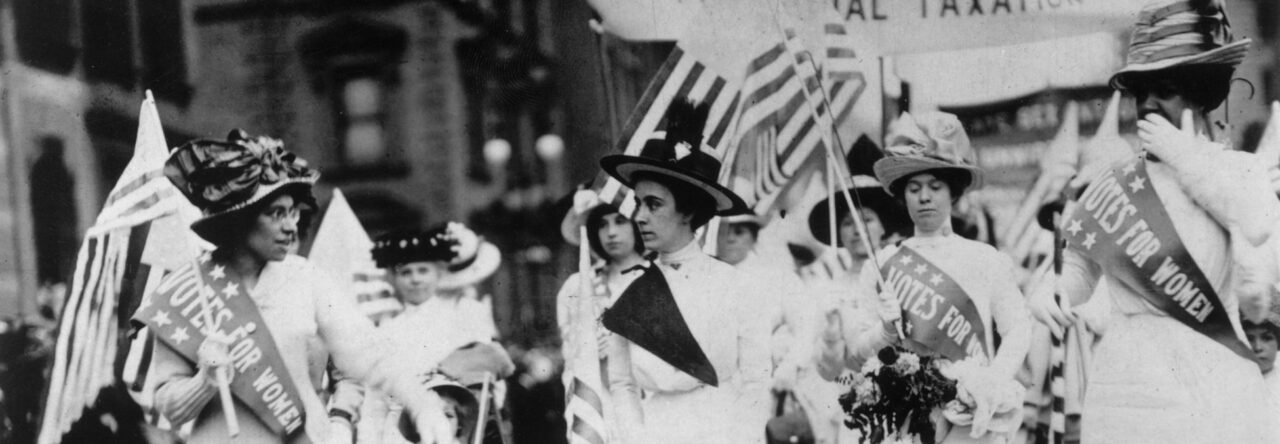 “Well, we ‘voted’ and the ‘Little Mackerals’ are nowhere. Uncle Abe is ’round’ some,” explained Captain W. F. D. Bailey, Co. G, 32d Wis. Vols., to the editors of the Wisconsin State Register on November 19, 1864. The results were in and, at least in Co. G of 32d Wisconsin, the incumbent Abraham Lincoln had won a landslide against the “Little Napoleon,” George B. McClellan: 508 in his favor, and 73 against. All across the country, results were being tallied after the November 8, 1864 presidential election.
“Well, we ‘voted’ and the ‘Little Mackerals’ are nowhere. Uncle Abe is ’round’ some,” explained Captain W. F. D. Bailey, Co. G, 32d Wis. Vols., to the editors of the Wisconsin State Register on November 19, 1864. The results were in and, at least in Co. G of 32d Wisconsin, the incumbent Abraham Lincoln had won a landslide against the “Little Napoleon,” George B. McClellan: 508 in his favor, and 73 against. All across the country, results were being tallied after the November 8, 1864 presidential election.
The election that pitted sitting president and Republican Abraham Lincoln against the Democrat George B. McClellan was extremely crucial in American history. Indeed, some were calling for there to be a recession of the presidential election, but Lincoln saw so much at stake that he could not allow this, and defended himself two days after the election took place: “We cannot have free government without elections; and if the rebellion could force us to forego or postpone a national election, it might fairly claim to have already conquered and ruined us.” Lincoln clearly so deeply loved the Union, that even though his loss to the “Peace Democrat” George McClellan would mean a dissolution of the United States, he knew that if there were no elections, the country would equally be destroyed by his own hands. The direction of the country hinged on the results of this critical election, and soldiers knew it, those both in the north and the south.
Soldiers clad in blue and gray knew the power of the coming election, such as one Confederate Sergent Connor, who observed “If thay Succeed in electing a peace man I do not think the war will Last Long but Should thay elect a war candidate God alone knows when we will have peace.” Just as the Johnny Rebs down south saw the consequences of what an election would bring, so did the Billy Yanks who began to use the first absentee ballots, or tickets as the soldiers called them in United States history.
Throughout October and early November, the soldiers of all Union armies began to cast their ballots. While marching through Georgia, on October 11, Colonel Oscar Jackson of the 63d Ohio Volunteers began accepting ballots:
As these votes from regiments in all of the Union armies poured in, the results soon became clear: Lincoln won 78% of the soldiers’ votes. The soldiers who had enlisted to save the Union voted to continue fighting the Confederates until the end: “The soldiers are fighting for the suppression of the Rebellion, and they vote the way they fight –– They are the friends of no man who is not the friend of his country, and for that reason they visited upon George B. McClellan the most withering rebuke ever any man received.”

Leave a Reply
You must be logged in to post a comment.